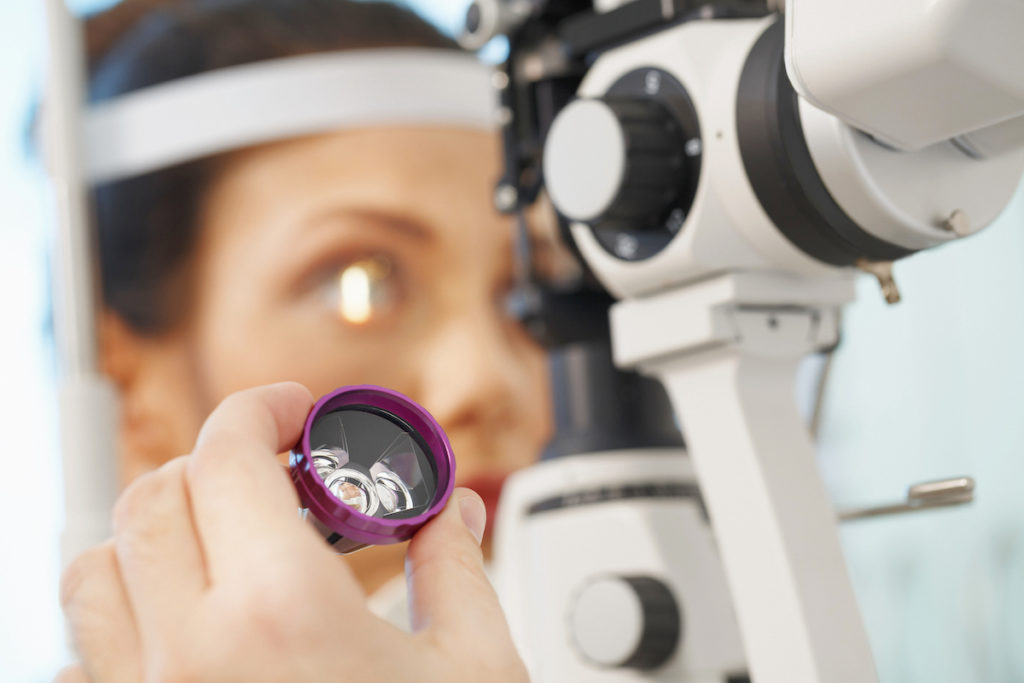Glaucoma is a serious eye condition that affects millions of people worldwide. It is a condition that causes damage to the optic nerve, which can lead to blindness if not treated properly. If you have been diagnosed with glaucoma, or at risk of glaucoma, there are several lifestyle changes that you can make to help prevent or slow down the progression of glaucoma. In this blog post, we will discuss some of the most important lifestyle changes that you can make to help manage your glaucoma.
Diet and lifestyle play a major role in our health
Dr. Nathan Kerr, Glaucoma Specialist Melbourne

Maintaining a healthy diet: Eating a healthy diet is important for overall health, and it is especially important for people with glaucoma. Eating a diet rich in fruits, vegetables, and whole grains can help lower your risk of developing various eye diseases. Studies have shown that a diet high in antioxidants, such as vitamin C and E, is important for eye health. Additionally, eating a diet low in saturated and trans fats can also help lower your risk of health problems. Vitamin B3, also known as nicotinamide, is a water-soluble vitamin that has been found to have potential benefits for people with glaucoma. Vitamin B3 is found in red meat, poultry, fish, brown rice, nuts, legumes, and bananas. However, it is important to note that more research is needed to confirm the benefits of vitamin B3 for glaucoma, and it should not be used as a substitute for traditional glaucoma treatments.

Fruit are an excellent source of vitamins and anti-oxidants
Dr. Nathan Kerr, Melbourne Glaucoma Specialist
Exercising regularly: Regular exercise is important for maintaining overall health, and it is also important for people with glaucoma. Exercise can help lower your risk of developing glaucoma by increasing blood flow to the eyes and helping to lower intraocular pressure. Studies have shown that people who exercise regularly have a lower risk of developing glaucoma. Additionally, regular exercise can also help improve your overall vision and eye health.
Managing stress: Stress can have a negative impact on your overall health, including your eye health. Studies have shown that people who experience high levels of stress have a higher risk of developing glaucoma. Therefore, managing stress is important for people with glaucoma. There are several ways to manage stress, such as yoga, meditation, and deep breathing exercises.
Quitting smoking: Smoking is a major risk factor for developing glaucoma. Studies have shown that people who smoke have a higher risk of developing glaucoma than people who do not smoke. Additionally, smoking can also increase the risk of other eye diseases, such as cataracts. Therefore, quitting smoking is important for people with glaucoma.
Protecting your eyes from UV rays: UV rays can damage your eyes and increase your risk of eye health problems. Therefore, it is important to protect your eyes from UV rays. Wearing sunglasses that block UV rays can help protect your eyes from UV rays. Additionally, wearing a wide-brimmed hat can also help protect your eyes from UV rays.
In conclusion, there are several lifestyle changes that you can make to help manage your glaucoma. Eating a healthy diet, exercising regularly, managing stress, quitting smoking, and protecting your eyes from UV rays are all important steps that you can take. Remember, early detection and timely treatment are key to managing glaucoma, so if you have any concerns about your eye health, please visit your optometrist or Dr. Kerr for a comprehensive eye examination.
Note: Lifestyle changes are an important part of managing your eye condition but should not replace other treatments recommended by your doctor






About The Author: Dr Nathan Kerr
Dr Nathan Kerr is a Melbourne-based ophthalmologist and specialist in glaucoma and cataract surgery.
Dr Kerr practices in East Melbourne, Doncaster, and Vermont South.
More posts by Dr Nathan Kerr